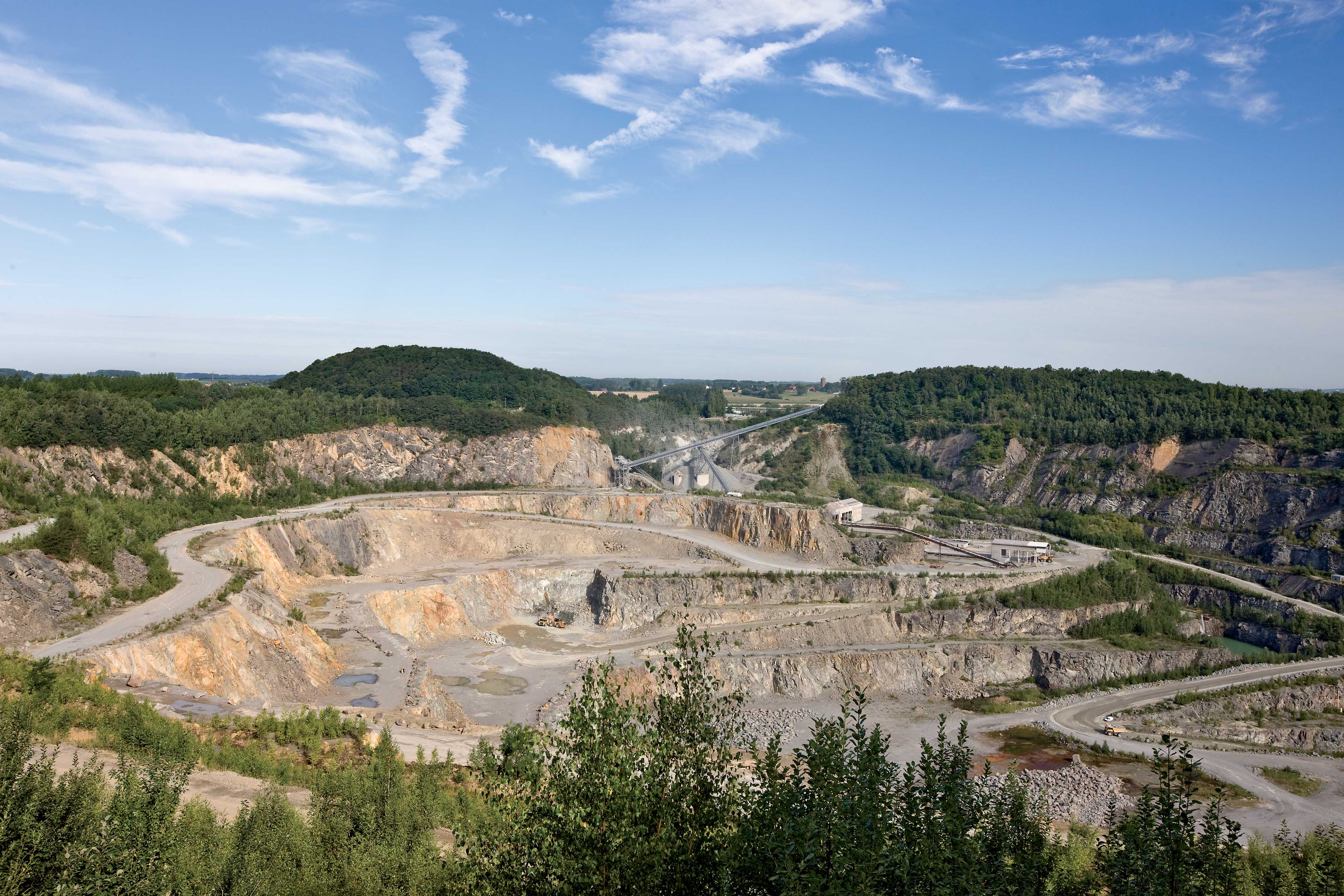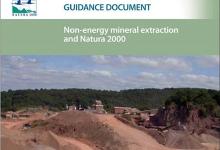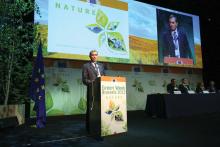
Are the EU Nature Directives effective, efficient, consistent with other EU policies and legislation, still relevant and of added value?
These are the questions which the
In a precedent article of Aggregates Business Europe (March-April, 2015) we explained what was at stake for the aggregates industry, and how the Fitness Check would be done.
The process is now well advanced, and some conclusions may already be drawn, although no one can yet preclude the European Commission’s decision.
At this stage, two scenarios can be envisaged, each of them potentially impacting on the aggregates industry:
Scenario 1.
A full revision or merger of the Birds and Habitats Directives could potentially lead to an improvement of the conciliation between environmental and economic considerations through more evaluative approach towards biodiversity management; clarifying the interpretations, and adapting the legislation with other directives. However, such a revision or merger could also create legal uncertainty and even more stringent provisions while the implementation of a revised Directive would still create additional national issues.
What do stakeholders think about such a scenario?
In its mission letter to Karmenu Vella, Commissioner for Environment, Maritime Affairs and Fisheries, Commission, President Jean-Claude Juncker gave a clear mandate to “carry out an in-depth evaluation of the Birds and Habitats directives and assess the potential for merging them into a more modern piece of legislation.”
NGOs have expressed at the very least concerns, but in majority a strong opposition to any modification of the current EU Nature legislation.
This opposition has been clearly stated by influential NGOs such as
For this Consultation, more than 550,000 replies were received, the largest response rate the Commission has ever received. A significant number of replies were stimulated by targeted campaigns that had been prepared by different interest groups. The Nature Alert campaign generated more than 520,000 participants.
The European Parliament, at various stages, expressed concerns during its debates and various events.
The Environment Committee is currently working on an Own-Initiative Report on the Mid-Term Review of the EU Biodiversity Strategy to 2020, and the Rapporteur expresses a strong rejection of any amendment to the current Natura 2000 Directives. The vote will take place in December, and give us an idea of where the European Parliament might go in case of a revision or merger of the Natura 2000 Directives.
EU Member States are reacting as well. Environment Ministries of Croatia, France, Germany, Italy, Luxembourg, Poland, Romania, Slovenia and Spain have already signed a common letter to Environment Commissioner Karmenu Vella asking not to proceed with the revision or merger of the Natura 2000 Directives, whose effectiveness have already been proven.
Scenario 2.
Better implementation of the Natura 2000 Directives could potentially lead to an improvement of the situation of companies operating in countries where Natura 2000 is considered as a no-go-area for economic development.
Constructive solutions may be found but will require a very collaborative and tailor-based approach, founded on the national/local difficulties met.
Whatever the conclusions of the European Commission,
In that respect, 2016 will be a year full of risks and opportunities.








